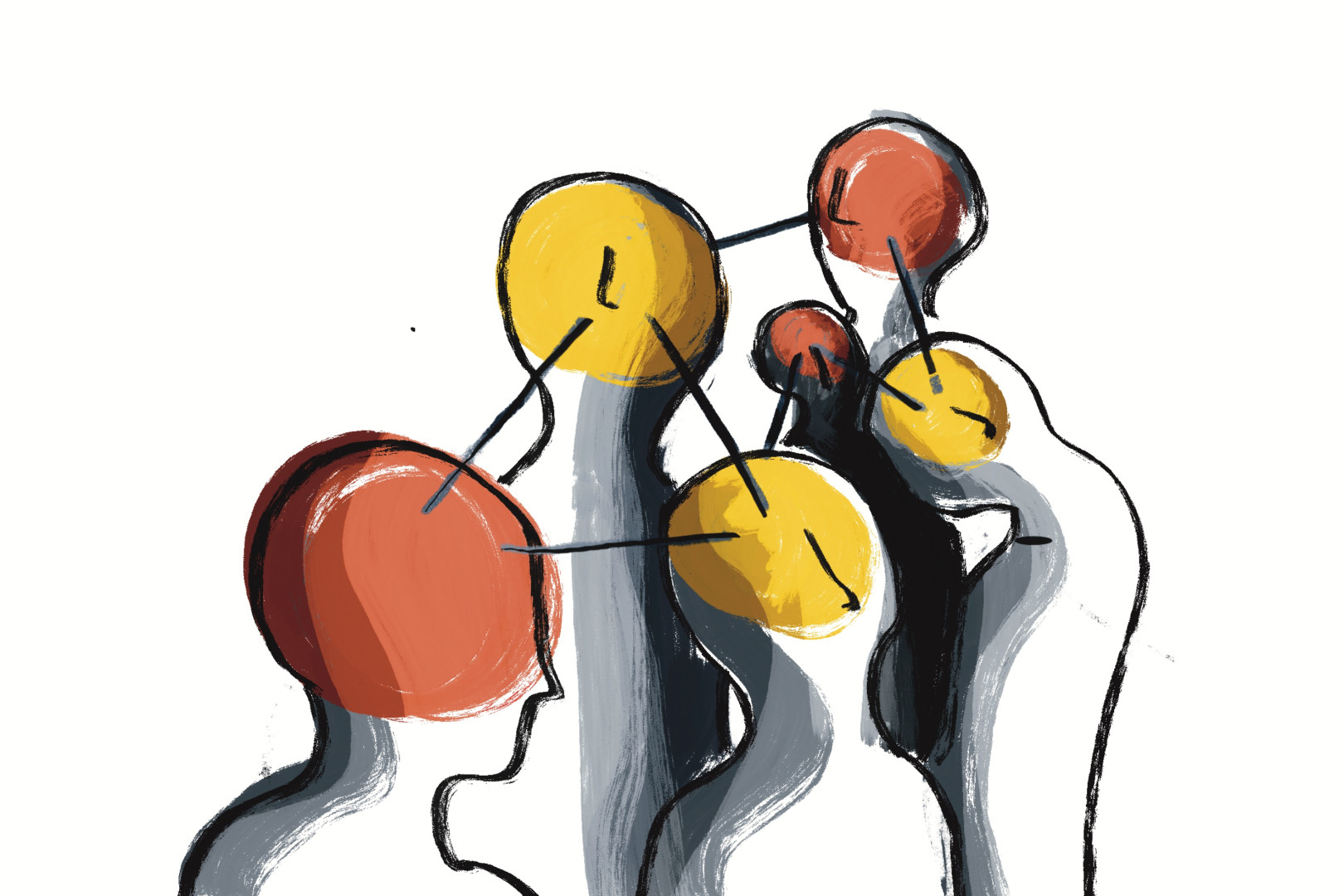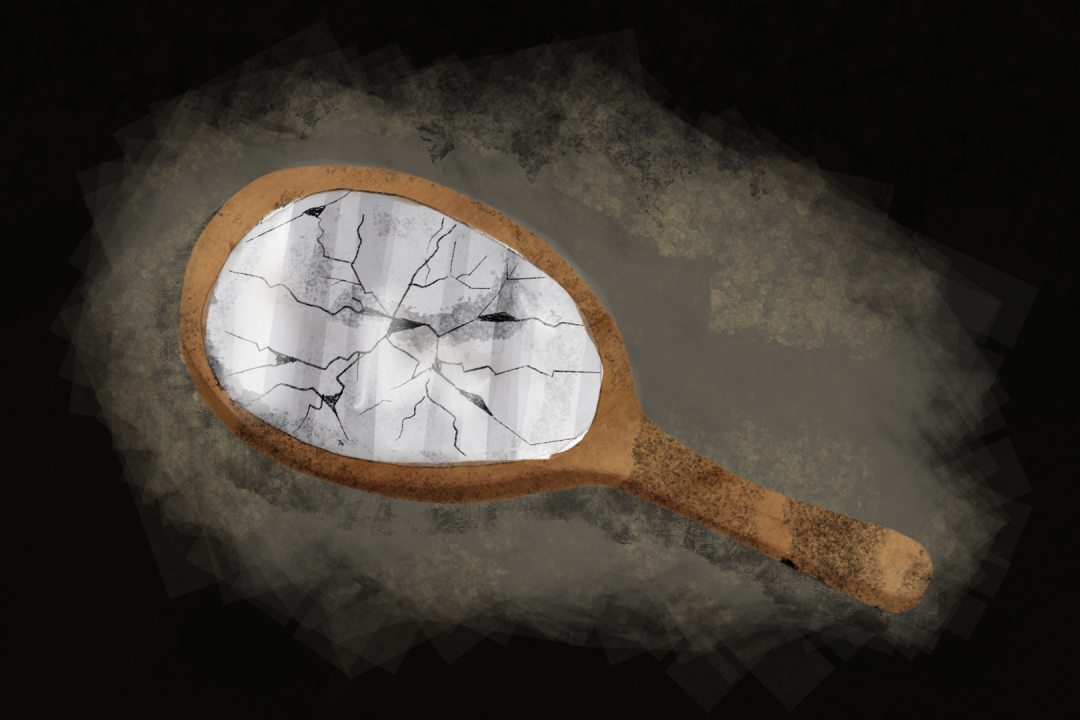
Plagiarism and Oral Literature
English as a medium for global communication is being learned and developed by people with mother tongues coming from diverse communicative traditions. This makes the exchange of learning and teaching English a unique window into cultural traditions. A persnickety truth of teaching academic writing is the battle against plagiarism. Plagiarism as the act of writing an idea in exact replica for one’s own purpose is strongly frowned upon in English academic writing. My students face failure or seriously reduced marks should Turnitin and my own eye find plagiarized text because plagiarism was taught to me negatively as a shortcut, cheating on an assignment, or a lack of integrity towards studying. And truth be told, the writing is usually worse the more plagiarism there is! However, there are several factors lost in translation when a writer’s plagiarism is criminalized.
The first factor to digest is that plagiarism is a cultural construction rather than a fact of academic prowess. Writing academic texts highly values citing those who wrote before and making a distinction between one’s own contribution to an idea. However,, simply telling a student not to plagiarize hasn’t been productive in motivating authentic student writing. It has made me think that the tendency for students to plagiarize in classrooms where their mother tongue is connected with multiple languages and traditions means there may be subconscious values at work. Indeed, not all languages and cultures value producing language uniquely. Rather, narration, particularly oral narration, exact replication word by word is a form of authoritative memory or in the case of music, the lyrics of songs and chants are the “right answer”. Thus, if I consider oral literature and its relationship to my students, plagiarism may not solely be linked to bad academic behavior.
Isidore Okpewho gives a comprehensive portrait of Oral Literature in his African Oral Literature: Backgrounds, Character, and Continuity and defines oral literature simply as literature delivered by mouth. Okpewho identifies reciting word for word what was spoken before as a form of oral integrity. In writing, this would be called plagiarism. Oral literature is often best when delivered with nuance and innovation, however, one can do this with sound effects and facial expressions while keeping the actual words the same. Al Mutanabbi Street in Baghdad is famous for young and old men reciting poetry word for word surrounded by encouraging strangers. When the mosques call for prayer, it is a reminder of the thousands who have memorized and are able to recite the Quran or substantial chapters of the text line by line. Paraphrasing such texts is out of the question. “Plagiarism”, the replica of text word for word, is a must. A respected recitation of a poem, much like singing a song, is impressive when all the lines/lyrics are remembered.
For those raised with oral literature, or in an environment where the written word didn’t matter as much as the spoken word, attempting academic writing may subconsciously equate to a more serious oral literature endeavor of replicating historic and sacred oral literature. If there is an academic assignment with strict expectations, a strong answer may be equated with “answers” that already exist. The “lyrics” or “lines” of an essay from internet sources may seem better than writing them originally. What is referred to as plagiarized text may be interpreted as serving the assignment and the readers better than writing in one’s own words. Especially if one feels their grasp of the language is not complete. Criminalizing plagiarism or not clearly addressing plagiarism holistically may never succeed in reducing plagiarism in academic assignments.


